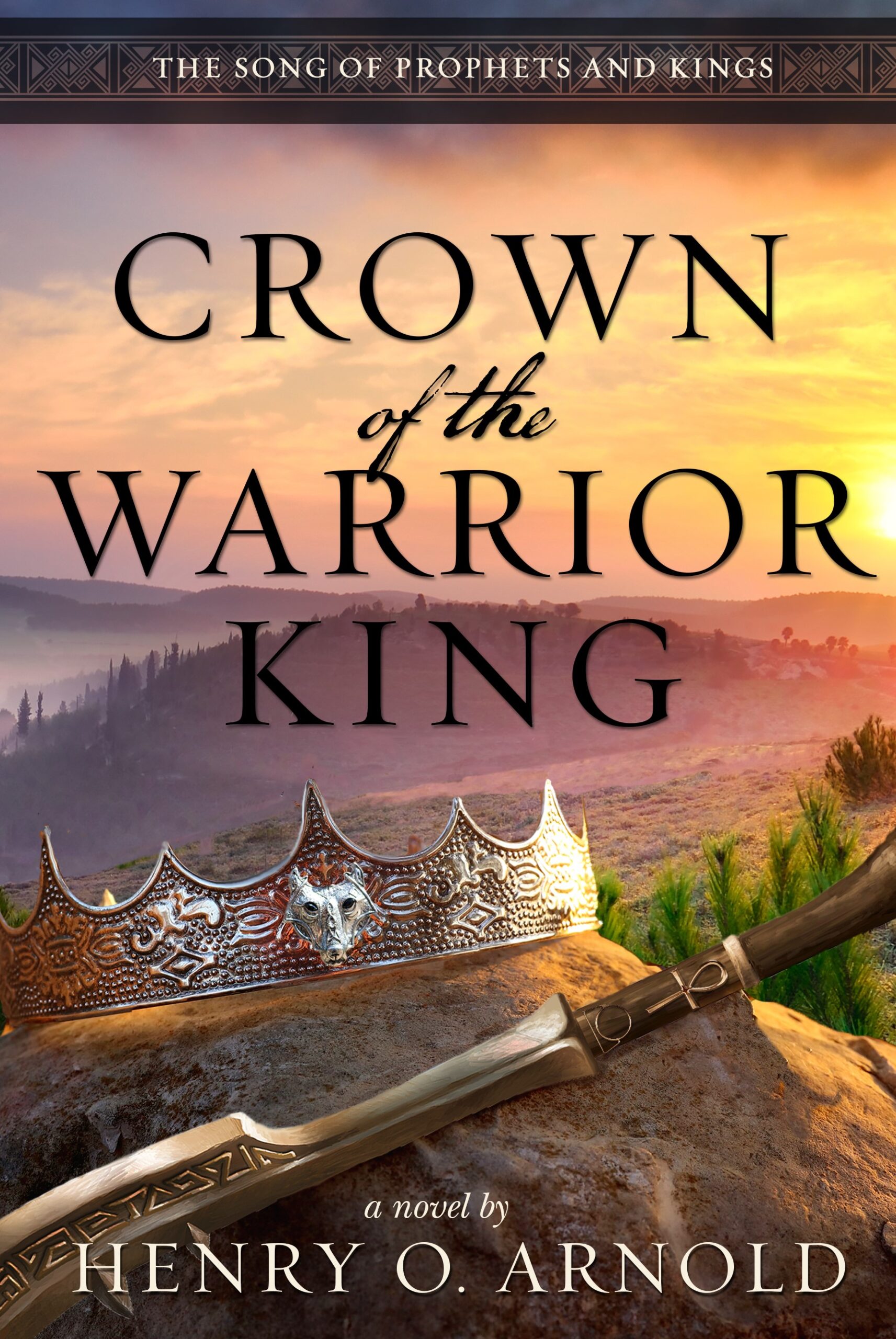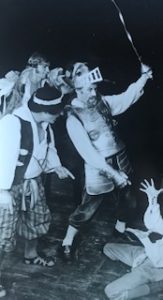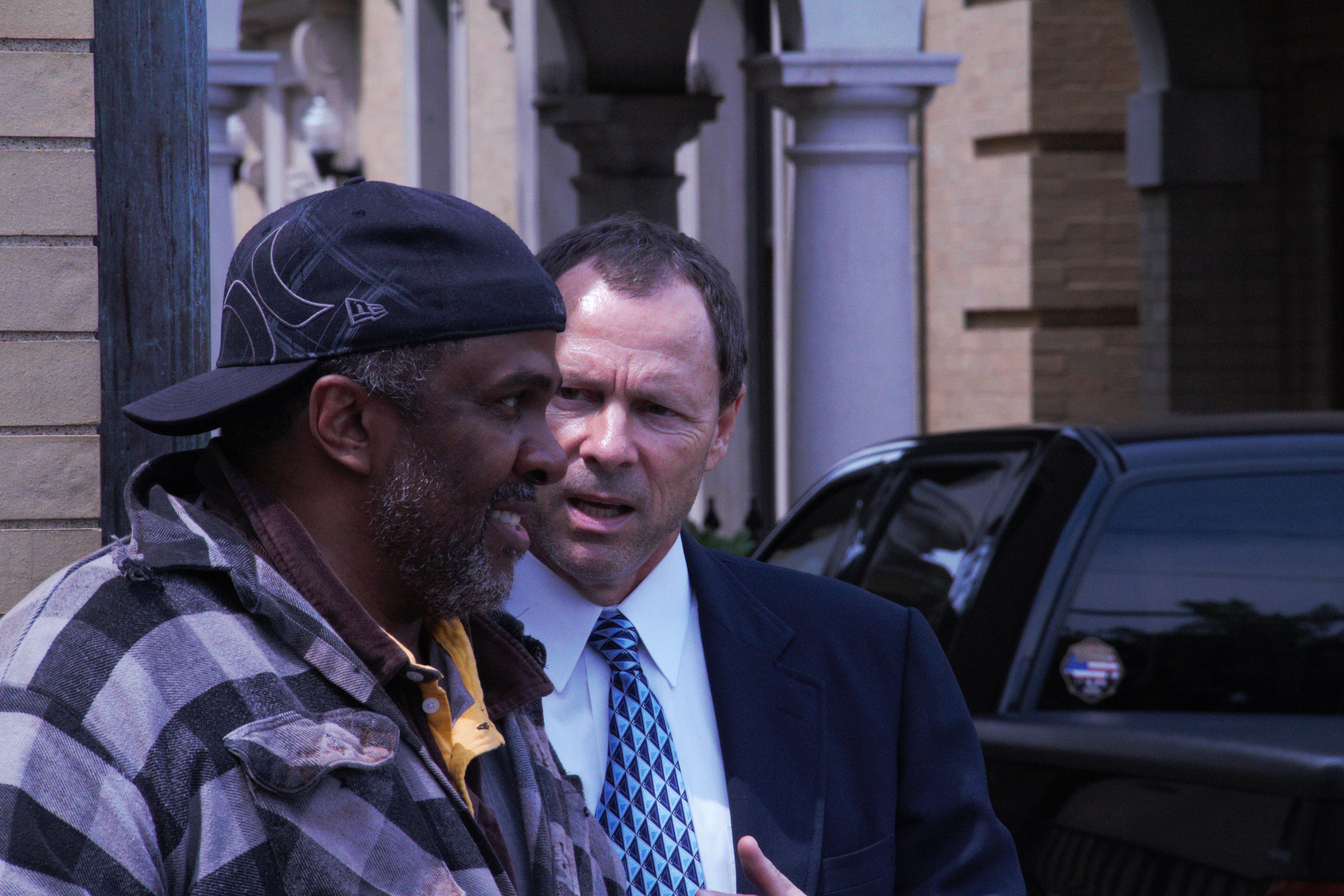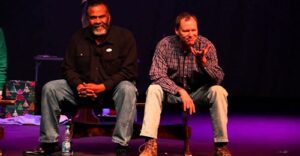The Bible, The Ancient Greeks, The Drama
The invention of tragedy as a form of dramatic storytelling is often attributed to Aristotle and the ancient Greeks. The basic construct of a tragedy is that the protagonist, one with outstanding qualities, rises to prominence, and then either through personal failures or circumstances beyond their control, or a combination of these two factors, succumbs to disaster and is destroyed. Tragedy has been a creative style of expression in multiple art forms ever since.
When told well, a literary tragedy gives an audience the opportunity to experience what is known as a catharsis. Simply put, when we become engrossed in a story, we experience deep and intense connection with the characters, and thus identify with them. With our imaginations, we enter the story’s unfolding action and see ourselves in the different characters. Our emotions are engaged, and by the end, we will have had a complete empathic experience. It is like a cleansing for the soul.
Long before the Greek playwrights wrote their stories and the actors donned their masks and began to orate in the amphitheaters, there was King Saul, the first true tragic figure of this kind in the Bible. Long before Sophocles wrote of Oedipus’ encounter with the prophet Tiresias there was Saul’s encounter with the prophet Samuel.
In this new novel, Crown of the Warrior King, release date set for December 1, 2021, the story of King Saul picks up where my first novel, A Voice Within the Flame, left off. Saul is in the early days of his kingship, winning the hearts and minds of the people of Israel with his success on the battlefield and benevolent leadership. But then personal hubris (excessive pride and self-confidence), creeps in, and the tragic formula begins to develop.
Art holds up the mirror of our humanity reflecting the tragic and comedic realities of our human nature. In Crown of the Warrior King, Saul reveals those human qualities we recognize in ourselves and will make choices that prove to have fatal consequences. It is a cautionary tale for us all.











